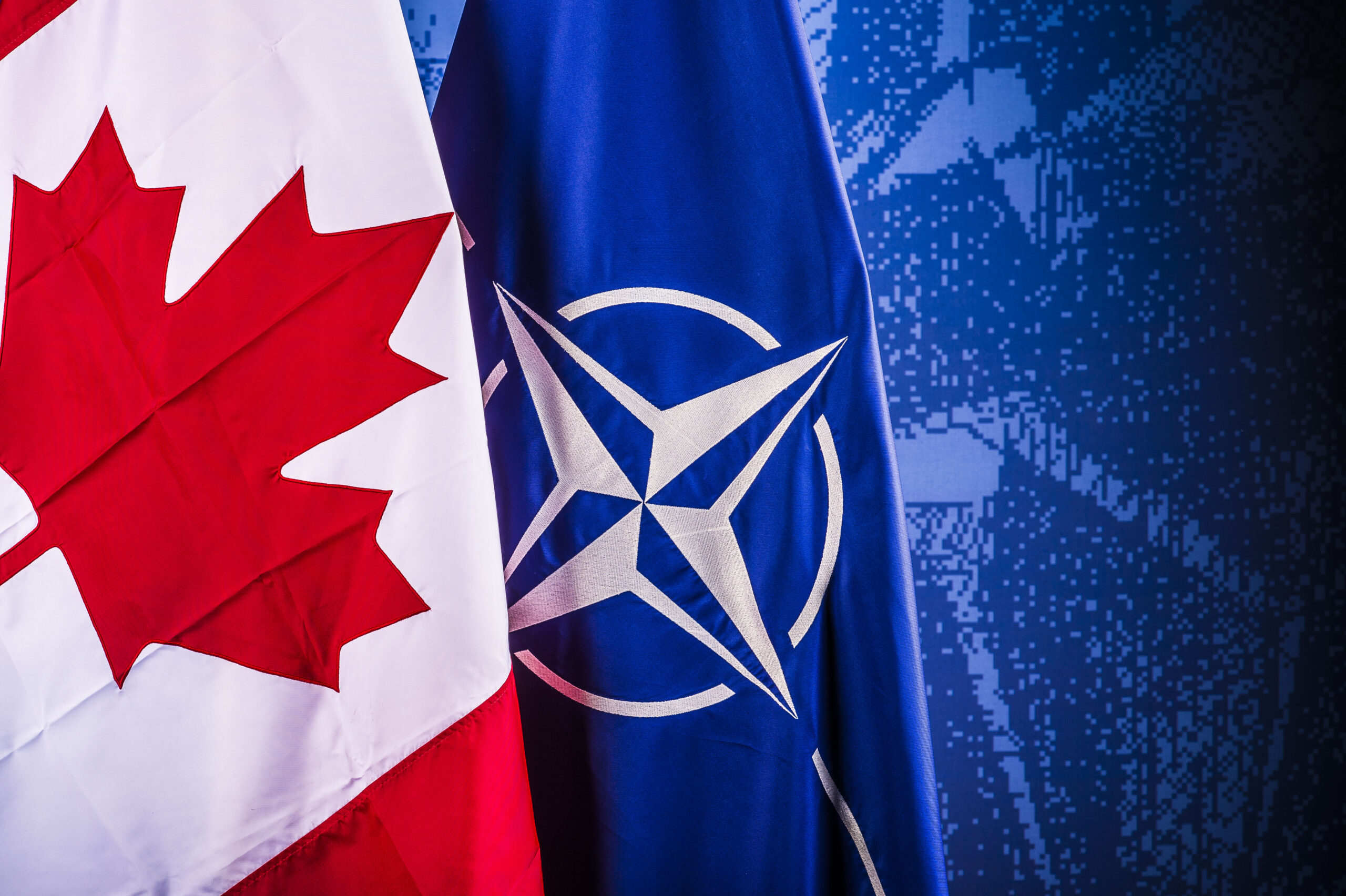Next week’s NATO Summit in The Hague arrives at a pivotal moment in the Alliance’s history. Coming one year after NATO’s 75th anniversary in Washington, D.C., and against the backdrop of the return of the Trump administration, the summit is expected to offer important insights into the future trajectory of U.S. commitment to the Alliance.
This policy paper by MD Rakib Jahan and Stéfanie von Hlatky analyzes key issues expected to shape the 2025 NATO Summit in The Hague, including defence spending and burden-sharing—with increased pressure on allies to raise contributions above the previous 2% of GDP target, possibly toward 3–3.5%—continued support for Ukraine amid the ongoing Russo-Ukrainian War, and efforts to strengthen NATO’s eastern flank and Arctic capabilities. Canada faces the challenge of balancing growing global responsibilities with domestic defence shortfalls as it seeks to enhance its military capacity, Arctic presence, and role as a key link between NATO and Indo-Pacific partners..
MD Rakib Jahan is a doctoral student in the Department of Political Studies at Queen’s University specializing in
International Relations. His doctoral research focuses on the complex dynamics of NATO policies.
Stéfanie von Hlatky is a CDA Institute board member, Professor of Political Studies and the Canada Research Chair on Gender, Security and the Armed Forces at Queen’s University.
